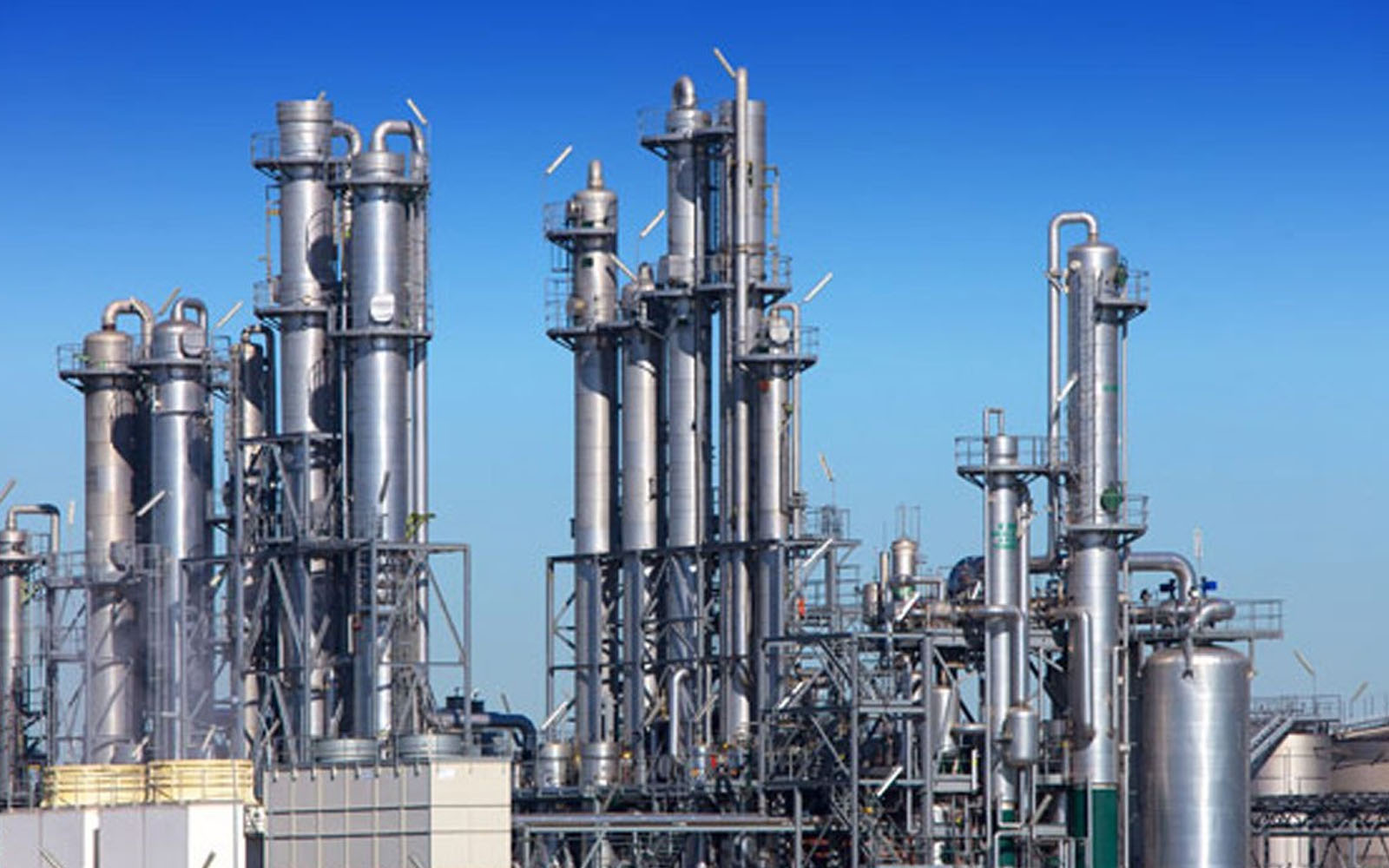The Nigerian National Petroleum Corporation (NNPC) has released an operational performance report of the nation’s refinery.
According to the report, two refineries – Kaduna and Port Harcourt refinery plants – did not refine any crude oil for the month of March. However, the Warri refinery is performing better, as its capacity utilisation has appreciated considerably.
The analysis further showed a capacity utilisation of zero percent for both the Port Harcourt Refinery Company and Kaduna Refinery Petrochemicalcal Company, while the Warri Refinery Petrochemical Company recorded 51.32 percent.
Further findings showed that the decline in the cumulative performance of the refineries reduced the group profit of NNPC by N5 billion.
The corporation made an operating surplus of N11.7 billion, incurred a total expense of N354.6 billion and generated a revenue of N366.3 billion.
It had recorded an operating surplus of N16.7 billion, a total expense of N357.6 billion and revenue of N374.4 billion early this year, in February.
A comparative analysis of figures from the oil firm’s reports for the two months showed that the corporation’s profit dropped in March by N5 billion, its total expenditure reduced by N3 billion, while its revenue reduced by N8.1 billion.
Recall that the Group Managing Director of the Nigerian National Petroleum Corporation (NNPC), Mikanti Batu, had revealed that the country spends between $12 to $15 billion to cover for the operational deficit at the nation’s refineries annually for domestic fuel consumption.
The Breakdown showed deficits of ₦32.617 billion for Kaduna Refinery and Petrochemical Company; Warri Refinery and Petrochemical Company, ₦22.147 billion and Port Harcourt Refinery, ₦11.51 billion respectively.
The NNPC boss has also assured that the ongoing revamping of the nation’s refineries will enhance capacity utilisation once completed.
NNPC has four refineries, two in Port Harcourt (PHRC), and one each in Kaduna (KRPC) and Warri (WRPC).
The refineries have a combined installed capacity of 445,000 bpd. A comprehensive network of pipelines and depots strategically located throughout Nigeria links these refineries.















